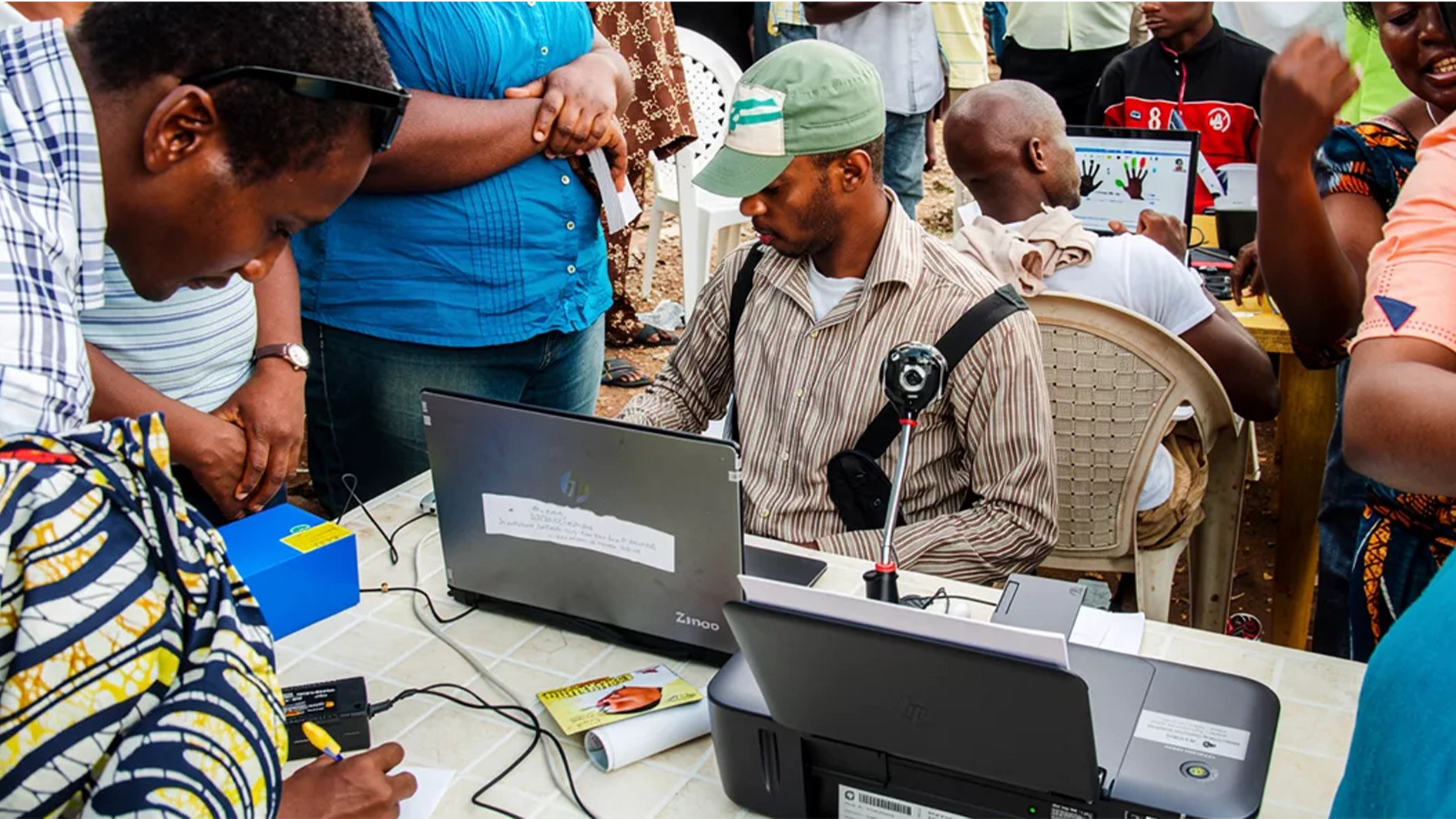The dismissal of eight vigilant operatives of the Anambra State Government for assaulting a female youth corps member is remarkable for its swiftness in addressing an incident that could have developed into a security monster. The assault on Jennifer Elohor, a serving member of the National Youth Service Corps (NYSC), is a test of Nigeria’s commitment to the rule of law and gender safety. In the incident, which happened in Oba, Idemili South Local Government Area in July, Jennifer Elohor was beaten and stripped by operatives of an Anambra State-backed vigilante outfit. Her colleagues were also assaulted.
The Special Adviser to Governor Chukwuma Soludo on Community Security, Ken Emeakayi, said the government acted swiftly after receiving reports of the incident, adding that the operatives would be handed over to the police for prosecution. According to him, the dismissed officers were in pursuit of suspected cultists when they attacked the corps member, an action he described as “totally outside the mandate of the agency and utterly condemnable.”
A major lesson of the incident is the need for close monitoring and stricter training of state security operatives in dealing with members of the public. The Jennifer incident risked being unduly weaponised against state security outfits, even when the extant federal police have proved grossly inadequate in keeping law and order. Another lesson is the need to provide better protection for corps members, and indeed all Nigerians. Emeakayi had also disclosed that the state government had settled Miss Elohor’s medical bills and tendered an apology to her family, the NYSC and the public. That is commendable.
Furthermore, the country has experienced unprecedented insecurity in recent times. It is glaring that its centralised federal policing structure is grossly incapable of checkmating this trend. Therefore, the Anambra incident should become a watershed for reforming similar security outfits, else the delicate progress toward decentralising policing risks being undone.
Corps members dedicate a year of service to teaching children, supporting hospitals, and filling gaps in communities. In return, the state is entrusted with guaranteeing their safety in a bargain that symbolises national unity. That solemn covenant was shattered the hour the armed vigilantes stormed the lodge and herded young corps members like criminals. The uniform, meant to provide protection, lost its significance in the eyes of a few. A country should not ask its youth to serve if it cannot keep them safe. Besides, each ugly incident chips away at confidence in the scheme, handing anxious parents and sceptics fresh arguments for scrapping the NYSC altogether.
Do Nigerians live under laws, or under the whims of armed security operatives? Public stripping violates human dignity, constitutes a form of sexual violence, and breaches multiple rights of liberty, privacy, and freedom from torture or degrading treatment. Vigilantes cannot act as judge, jury, and executioner. Operations must be subject to legal limits and police oversight. When brute force replaces the rule of law and common sense, abuse becomes inevitable.
Again, the captured video raises questions. Nigeria, unfortunately, has often had to rely on such evidence to hold unscrupulous security agents accountable. When such corroboration is absent, perpetrators are empowered to manipulate the levers of corruption and distort facts. It might rightly be argued that without the hard proof of the secretly filmed footage, the victims would likely have struggled to make their voices heard. Nevertheless, recording people without their consent, especially under circumstances that impinge on their privacy, will always remain ethically problematic. The clip appeared to have expedited some semblance of redress. Yet, handlers failed their duty to prevent its uncontrolled circulation from retraumatising the survivor.
In Nigeria’s enforcement cycles, busting Internet or ‘Yahoo Yahoo’ infringers seems to have become one of the cheapest ways to convince higher authorities that departments are working. Worthy as the idea of keeping thieving youths in check is, these episodes would have resonated more had there been equal ‘success’ in rounding up bigger misappropriations at the top echelons of government. The ‘Yahoo’ cry, like that exploited by the Anambra vigilantes, has morphed into a tool for random raids on citizens, sometimes with a pattern of labelling first and producing evidence later.
Such shortcuts to justice create avenues for extortion and undermine the legal process. Yes, cybercrime is a real and damaging phenomenon. The solution, however, requires neither door-kicking raids by masked men nor other forms of analogue brutality. The proper approach to fighting cybercrime involves intelligence-led investigations, adhering strictly to rules of engagement, and the deployment of technical expertise. A state cannot effectively combat cybercrime by resorting to medieval-era scenarios.
It is time for the country to adopt more productive narratives. The incident was an outright system failure. The operatives’ tactical doctrine, supervision, and training all failed. And why were they masked? The implications of setting wrong precedents must not be lost. Public trust has been battered. However, administrative action is not justice. If dismissal attempts to restore trust, then prosecution should rebuild faith in the system. More importantly, there is a need to prevent a recurrence through proper training and orientation of security personnel.
Justice requires a victim-focused approach in its delivery. The victims should have access to relocation if they wish to move, and safe measures must be established to protect witnesses. The purpose of justice extends beyond punishment; it is also about rectifying wrongs. Community security must prioritise the protection of community members, not their intimidation. The licensing process for vigilantes and quasi-security outfits must enforce specific performance standards, including the use of visible uniforms with identification, proper firearms control, incident logs, regular training, and random audits.
Governor Soludo has a duty to lead a thorough reform of community security. Anything less risks normalising a culture where poorly trained and unprofessional vigilante groups act with impunity, violating legal principles and trampling on the rights of those they are meant to protect.
It is hoped that before another incident occurs, the country will have learnt from the assault on the corps members’ lodge in Oba and have put in place measures that could ensure accountability is swift, survivors are protected, and clear rules, effective oversight, and transparent prosecutions restrain state-backed vigilante outfits.
As more states move to establish formations aimed at tackling insecurity, their efforts must demonstrate that communities can be protected within the bounds of legality. What Nigeria requires is a home-grown, decentralised policing system that enhances safety while upholding rights. For such a system to endure, however, national safeguards and oversight mechanisms are indispensable. If states are experimenting with security outfits, the Federal Government must partner with them to set baseline rules, training standards, and accountability mechanisms. In this way, both federal and state authorities can learn, adapt, and refine the model as experience demands.
Consequently, the establishment of state police should move from rhetoric to reality. State police, as practised elsewhere in the world, is both needful and possible.






